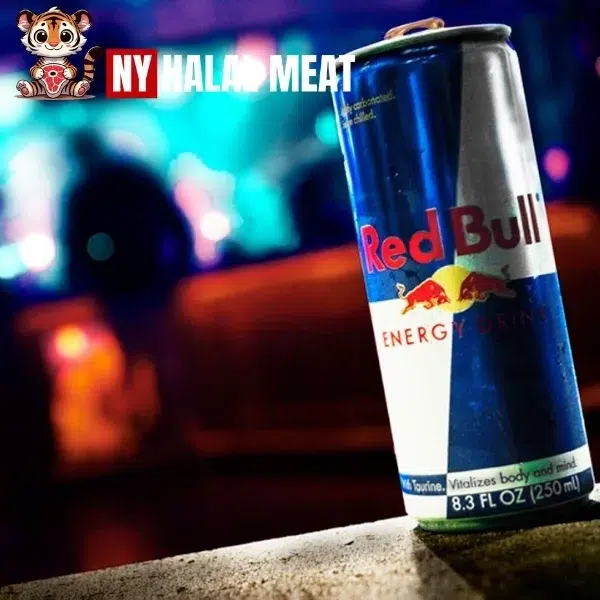Is Red Bull Halal in America? A Comprehensive Guide
What Does Halal Mean?
Halal, meaning “permissible” in Arabic, refers to food and beverages that comply with Islamic dietary laws. This includes restrictions on pork, alcohol, and non-halal animal derivatives.
Ingredients in Red Bull and Their Implications
Red Bull’s ingredients include carbonated water, sucrose, glucose, citric acid, taurine, caffeine, B-vitamins, natural and artificial flavors, and colors. Let’s examine these components:
- Taurine: Synthetically produced and halal-compliant.
- Caffeine: Plant-based and permissible under halal guidelines.
- Sugars: Sucrose and glucose are naturally halal.
- Flavors and Colors: Generally halal, but may depend on their sourcing and production process.
Alcohol Content and Halal Standards
Red Bull contains no alcohol, adhering to halal requirements. However, alcohol used in flavor extraction could raise concerns for strict halal observance.
Halal Certification: Is It Present?
Red Bull in the United States is not officially halal-certified. This means there’s no third-party verification to confirm its compliance with halal standards.
Why Is Certification Important?
Halal certification provides assurance that a product meets Islamic dietary laws. Without certification, consumers must rely on the manufacturer’s claims and ingredient transparency.
Alternative Halal-Certified Energy Drinks
If you prefer certified halal products, consider these options:
- Xtrem Red Energy Drink: Halal-certified and caffeine-rich.
- Rani Float: A fruit-based, halal-certified beverage.
- Boost Aid: Designed specifically for halal compliance.
Tips for Making an Informed Decision
Here are some steps to help you decide:
- Research product details on the manufacturer’s website.
- Explore halal-certified energy drink alternatives.
- Seek advice from knowledgeable individuals in your community.
Conclusion: Is Red Bull Halal?

While Red Bull’s ingredients appear to comply with halal standards, the lack of official certification in the U.S. may cause uncertainty. Muslim consumers seeking assurance might prefer halal-certified alternatives.
Understanding your dietary preferences and staying informed will help you make the best choice for your lifestyle and beliefs.



[…] Red Bull does not carry halal certification, its ingredients, including synthetic taurine, are technically […]